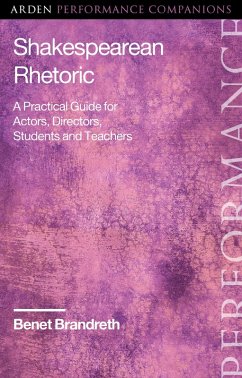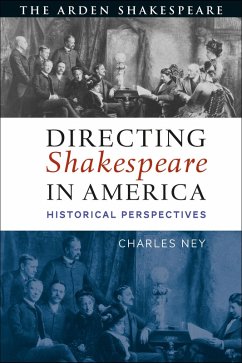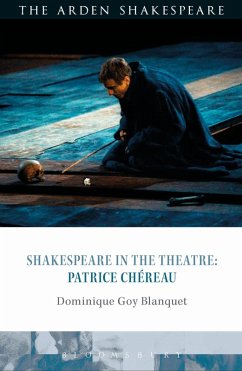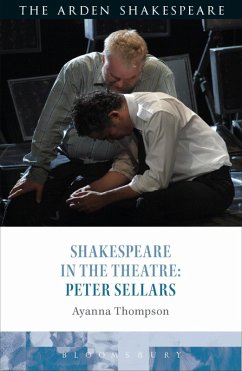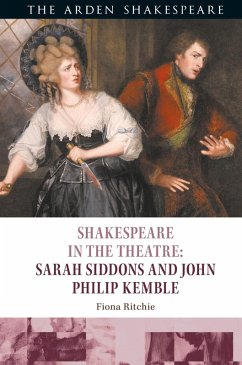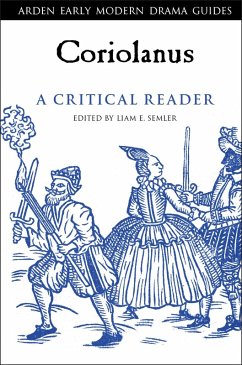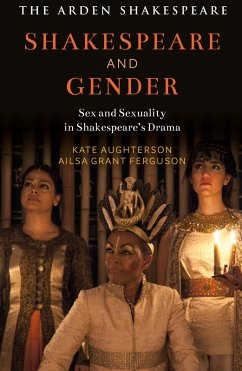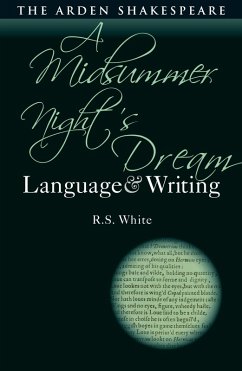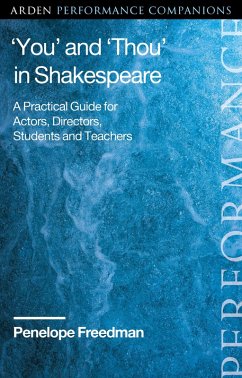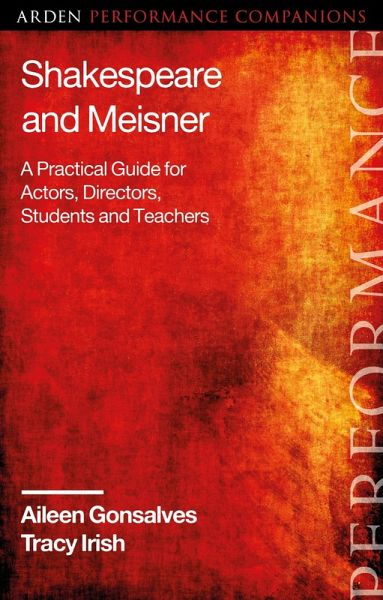
Shakespeare and Meisner (eBook, ePUB)
A Practical Guide for Actors, Directors, Students and Teachers

PAYBACK Punkte
7 °P sammeln!
This practical handbook is invaluable for anyone performing, teaching, studying or simply wanting a new way to enjoy Shakespeare. It provides an outline of Meisner's work and legacy, a discussion of that legacy in the light of the enduring global popularity of Shakespeare, and a wealth of practical exercises drawn from Meisner's techniques. Shakespeare writes about the truth in human relationships and human hearts. Sanford Meisner's work unlocks truthful acting. They would seem a perfect match. Yet, following Meisner's note to his actors that 'text is your greatest enemy', Shakespeare and Meis...
This practical handbook is invaluable for anyone performing, teaching, studying or simply wanting a new way to enjoy Shakespeare. It provides an outline of Meisner's work and legacy, a discussion of that legacy in the light of the enduring global popularity of Shakespeare, and a wealth of practical exercises drawn from Meisner's techniques. Shakespeare writes about the truth in human relationships and human hearts. Sanford Meisner's work unlocks truthful acting. They would seem a perfect match. Yet, following Meisner's note to his actors that 'text is your greatest enemy', Shakespeare and Meisner are often considered 'strange bedfellows'. The rhetorical complexity of Shakespeare's text can often be perceived as rules an actor must learn in order to perform Shakespeare 'properly'. Meisner's main rule is that 'you can't say ouch until you've been pinched': in other words, an actor must genuinely feel something in order to react in a performance which is alive to the moment. This book explores how actors can use Meisner's tools of 'acting is reacting' to discover the infinite freedom within the apparent constraints of Shakespeare's text.




